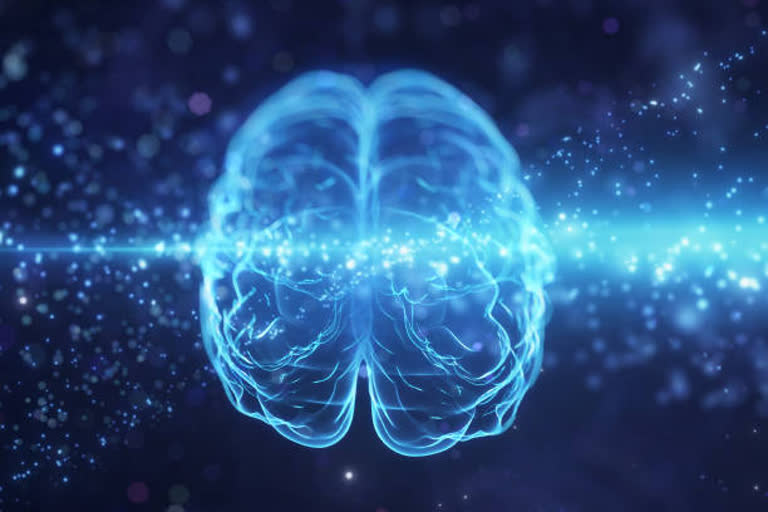Illinois [US]: A new study looks deep inside the brain, where previous learning was reactivated during sleep, resulting in improved memory. Researchers from Northwestern University and the University of Chicago Epilepsy Center collaborated to examine the electrical activity in the brains of five patients at the centre in response to sounds that were administered by the research team as a part of a learning exercise.
In order to look into potential treatments for the five patients who volunteered to take part in the study, electrode probes were implanted in their brains. This study is the first to record such electrical activity from inside the brain, whereas previous studies have measured memory processing during sleep using EEG recordings obtained by electrodes on the head.
According to the study, participants significantly improved on a recall test the following morning. By providing visual data identifying the regions of the brain involved in the process of overnight memory storage, the mapped brain activity allowed the researchers to make significant progress in their understanding of how memory storage functions. Strong conclusions could be drawn despite the small number of patients studied, as all five patients displayed similar patterns of memory improvement and electrical activity.
How the study was done: Electrophysiological responses to 10-20 sounds that were repeatedly presented were recorded one night while each patient slept in a hospital room. To prevent arousal, every sound was played extremely softly. The jingling sound of car keys, for example, was one of the sounds that patients learned to associate with objects and their precise spatial locations before going to sleep using a laptop computer.
Also read: Study: Green eyeglasses helps to reduce pain-related anxiety in patients with fibromyalgia
The results of earlier studies using EEG scalp recordings showed systematic improvements in spatial recall after sleep, the researchers found. On the laptop screen, patients gave more precise indications of the remembered locations. According to the most recent information obtained from the brain electrodes implanted in patients, object sounds played while they were asleep caused increased oscillatory activity, including increases in theta, sigma, and gamma EEG bands.
When the sounds were played while people were sleeping, there was electrophysiological activity in the hippocampus and the nearby medial temporal area of the cerebral cortex, which indicated that the corresponding spatial memories had been activated and strengthened. Gamma responses were consistently linked to how much sleep had an impact on how well people could remember things spatially. The researchers came to the conclusion that sleep-based enhancement of memory storage occurs in these brain regions as a result of this electrophysiological evidence.
"The orthodox assumption used to be that such sounds would be blocked out when people are sleeping," Paller said. "Instead, these sounds allowed us to demonstrate that brain structures such as the hippocampus are responsive when memories are reactivated, helping us to retain the knowledge we gain when we're awake.
"At times, remembering and forgetting seems random. We can remember irrelevant details while forgetting what we most want to remember. The new answer to this long-standing mystery, highlighted by this research, is that memories are revisited when we sleep, even though we wake up not knowing it happened," Paller said. (ANI)



